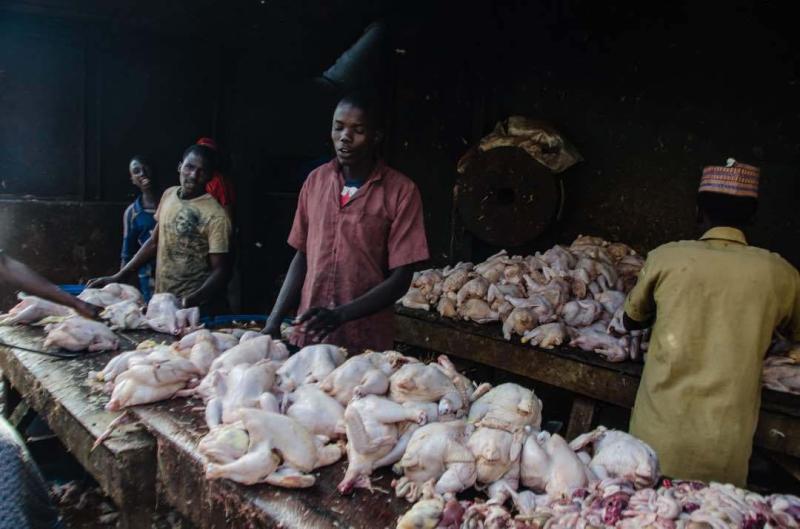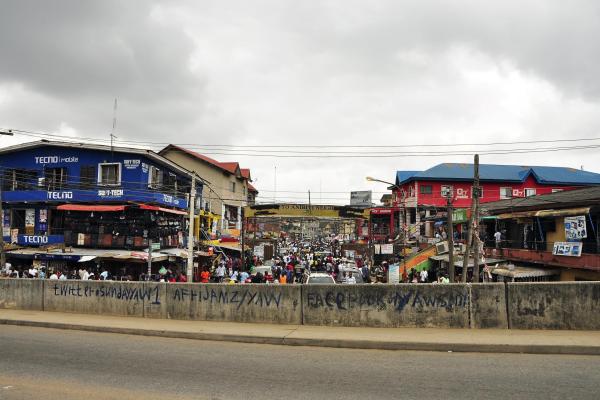The accord was meant to progressively ease tariffs and shatter other trade barriers. Essentially, the agreements would have allowed member states of ECOWAS to export more goods to Europe, and in return, permit manufacturers of finished products in the EU direct access to West Africa’s hitherto protected markets.
The negotiations for the EPA, however, ran into trouble waters when regional powerhouse, Nigeria, and a couple of other countries refused to sign the agreement last year. Brussels gave an October 1, 2016 deadline. Abuja defied it. In Ghana, however, decades of poor economic decision-making beginning with the Structural Adjustment Policy of the IMF, which wrecked damages to a once-productive agricultural savannah is about to be repeated as the country has now signed an interim EPA with Brussels. This investigation reveals some of the challenges associated with the accord that suave policymakers and politicians from Abuja to Accra would rather not talk about.





